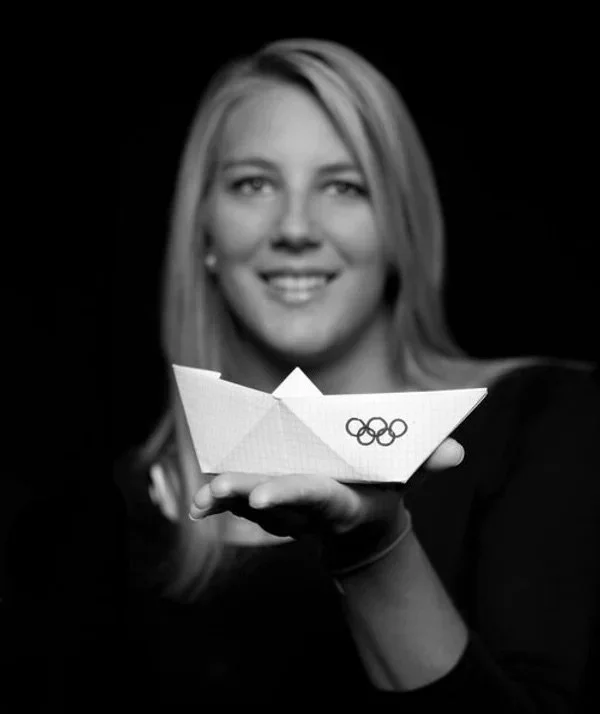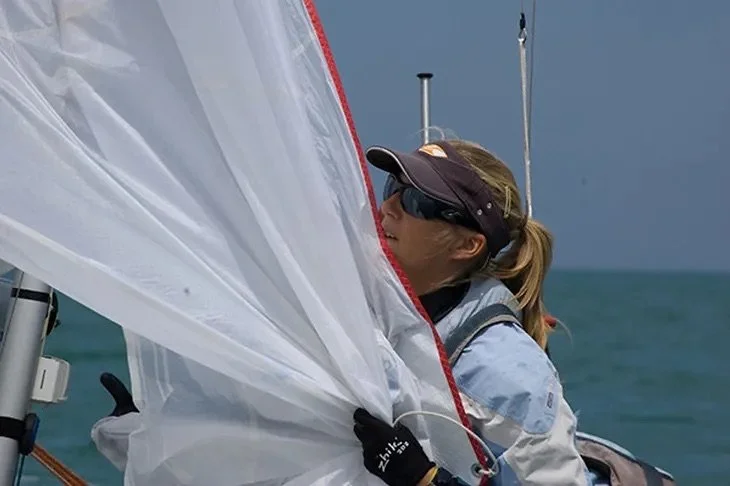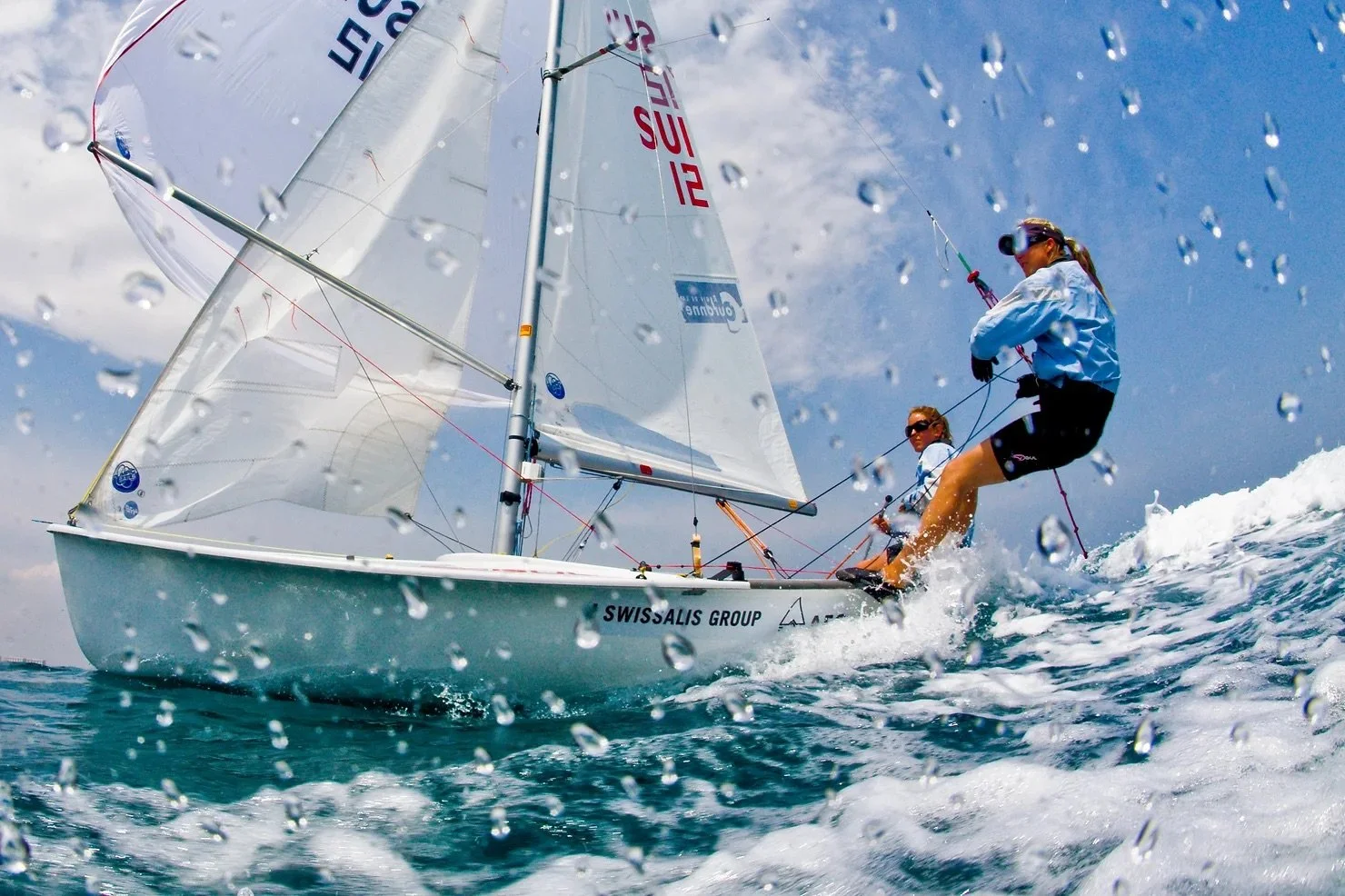Anne-Sophie Thilo - Sailor - HIP
Anne-Sophie was a member of the Swiss National Sailing Team for 12 years, during which time she represented Switzerland at the 2008 Beijing Olympic Games and placed and medalled at multiple Youth and Senior Championships. Anne-Sophie also has High Intellectual Potential (HIP), and she attributes both her success and her difficulties to this neurodivergence. For as much as her HIP has given her a sort of superstrength when it comes to problem solving, decision making and navigating, it has also caused her profound social and emotional difficulties.
Anne-Sophie admits that as a child she was “not the kid that anyone would bet on becoming an athlete”, but that what she lacked in raw talent, she more than made up for in grit, determination, and guile. Although prepared to work, Anne-Sophie didn’t see the point if there was a different, more efficient way to achieve the same goal – why work hard when you can work smart? Anne-Sophie’s ability to identify and solve problems incredibly quickly wasn’t just a positive, because sports such as sailing also require teamwork, teammates aren’t telepathic, and communicating her thoughts and feelings in a palatable way was something Anne-Sophie very much struggled with. Needless to say, Anne-Sophie either rubbed people up the wrong way or had to spend an incredibly large amount of time and energy modifying her thoughts, feelings, and communication in order for others to understand her better.
Anne-Sophie explained that a common reaction she would get from coaches and teammates alike was exasperation at her ‘over-thinking’. She was often told outright to “stop thinking so much”, but this advice just served to frustrate her even more, because it not only felt like an impossible task, but if she somehow managed to switch her brain off or slow her thoughts down, she felt like she would lose the one thing that made her great. Yes, understanding, and empowering Anne-Sophie as an athlete may have taken a little extra time and effort on other’s behalf, but the results would surely have been worth it; it’s likely Anne-Sophie would have felt less emotional difficulties, and it is also likely that she would have been able to better harness her incredible processing skills and contribute to her team more effectively.
We see this type of appreciation and collaboration a lot outside of the sporting environment today – where businesses now seek to employ people who in the past may have been ostracised for their ‘odd behaviour’, but who are now sought after for their incredible strengths. Not only are there many recruitment companies seeking to represent these high functioning individuals, but there are also some businesses who will employ on one else! Now, I’m not advocating for neurodivergent only sport, but some form of understanding and collaboration seems like the most effective way to ensure peak team performance.
As well as having hugely positive impacts on team performance, neuroinclusion (inclusion strategies for ND individuals) would have an incredibly positive impact on the neurodivergent individuals themselves. Normalising difference would allow neurodivergent athletes to feel a sense of belonging within their team and may encourage them to both seek help where required and to advocate for themselves in certain situations. In Anne-Sophie’s case, she wished she was able to do so when she was an athlete, as instead she felt she was not only misunderstood and unable to speak up, but sometimes gaslighted and made out to be the root of the team’s problems too. She was told she was “too emotional”, which only served to increase her mental isolation and negative self-talk.
Anne-Sophie believes that with the right understanding and support, athletes and other neurodivergent individuals, and particularly those with HIP do not need to experience such difficulties and would therefore be better enabled to achieve their full potential. Inspired by her unique sporting experience, Anne-Sophie transitioned to a career at the International Olympic Committee (IOC) and more recently has founded a communications consultancy EKKUT. Driven by the difficulties she was faced with as an athlete, Anne-Sophie hopes to use EKKUT to ensure poor communication is not a barrier to success for anyone - athlete or not.
You can find Anne-Sophie Thilo on LinkedIn and Facebook, or search AnSoThilo on Instagram and Twitter, and if you would like to find out more about EKKUT, please visit https://ekkut.com/



